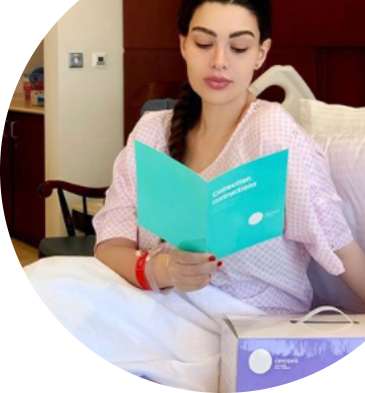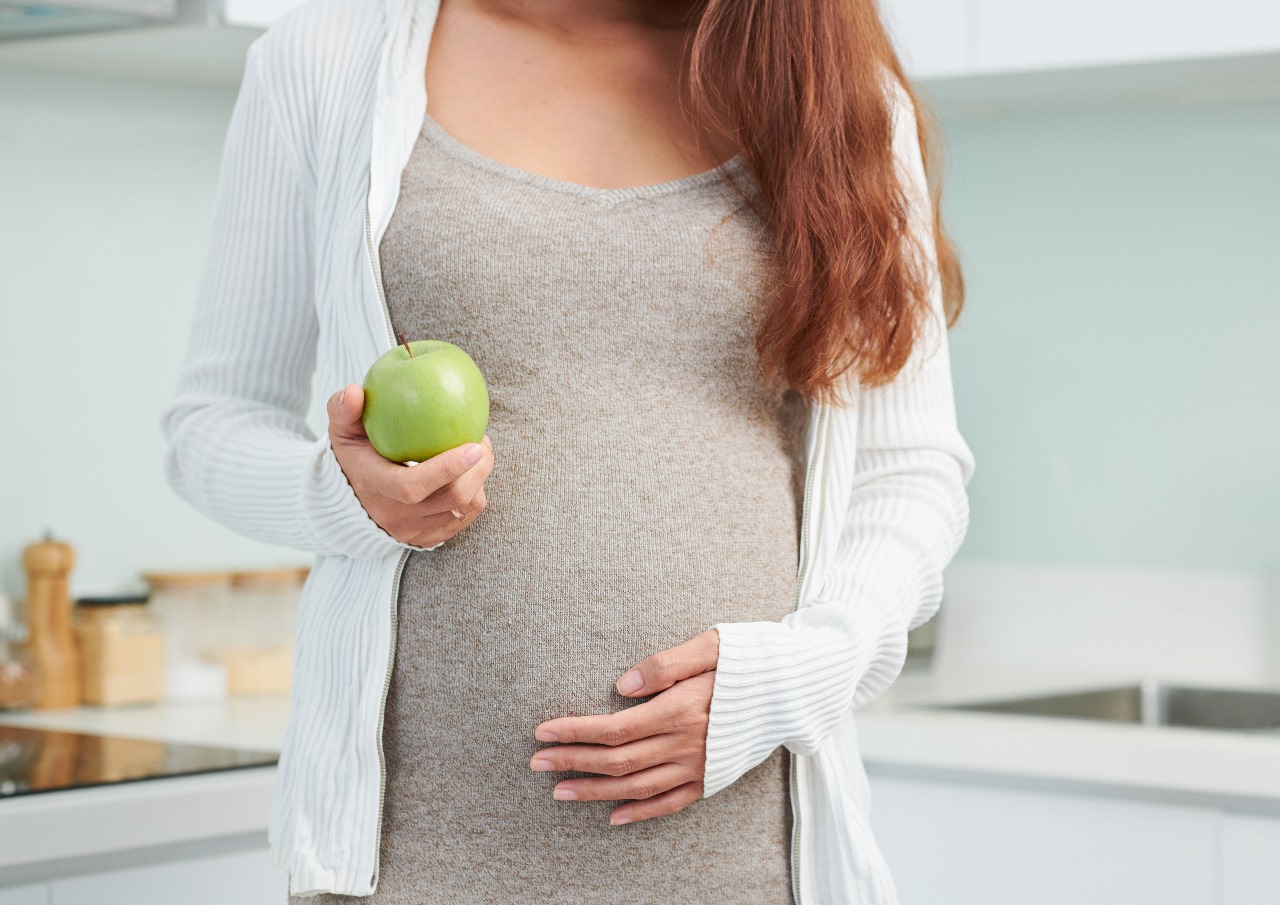Pregnancy is a time of joy and anticipation, but it also requires careful consideration of both the mother’s and baby’s health, especially during the holy month of Ramadan. For expectant mothers observing Ramadan, the decision to fast should be made with careful consideration and consultation with healthcare providers. CellSave, a leader in newborn stem cell preservation, offers support and guidance to pregnant women during this sacred time. Here are some essential tips and considerations for pregnant women who plan to fast during Ramadan:
1. Hydration is Key
During the non-fasting hours from Iftar to Suhoor, it’s imperative to prioritize hydration. Dehydration can have adverse effects on both maternal and fetal health, leading to complications. Pregnant women should aim to drink at least 8-10 glasses of water during this time. Incorporating hydrating foods like cucumbers, watermelons, and strawberries can also aid in maintaining adequate hydration levels. Avoid caffeinated beverages as they can contribute to dehydration.
2. Nutritious Diet
A well-balanced, nutritious diet is essential for supporting the health of both the expectant mother and the developing baby. During Suhoor, focus on consuming complex carbohydrates such as oats, barley, and whole wheat, which provide long-lasting energy throughout the day. For Iftar, include a good source of protein like lean meat, chicken, fish, or lentils, which are vital for fetal development. Don’t forget to include a variety of fruits and vegetables to ensure an adequate intake of vitamins and minerals.
3. Listen to Your Body
The physical and metabolic demands of pregnancy are significant. Fasting can add an extra layer of stress, so it’s crucial to be vigilant about any unusual signs or symptoms. If you experience dizziness, palpitations, weakness, or any other concerning symptoms, it’s important to break your fast and seek medical attention. Your health and your baby’s wellbeing should always take precedence.
4. Rest and Relaxation
The significance of rest cannot be overstated during pregnancy, especially when fasting. The body uses a lot of energy in maintaining the pregnancy, and fasting can increase the need for rest. Try to minimize strenuous activities and ensure you’re getting plenty of sleep at night. Taking short naps during the day can also help in maintaining energy levels and ensuring both you and your baby are healthy.
5. Consult with Healthcare Professionals
Before embarking on fasting, it’s crucial to consult with a healthcare professional who understands your health history and can provide personalized advice. They can assess any risks and help you make an informed decision on whether fasting is safe for you and your baby. They can also offer guidance on how to fast safely, should you choose to do so.
6. Regular Check-ups
Maintaining regular prenatal check-ups is vital during Ramadan. These appointments allow your healthcare provider to monitor your health and the development of your baby closely. They can identify any potential issues early and provide advice or treatment as needed.
Emphasizing Newborn Stem Cell Preservation
While focusing on the immediate needs and health during pregnancy and Ramadan, it’s also a period to consider future health options for your newborn. Newborn stem cell preservation captures the powerful stem cells from your baby’s umbilical cord blood and tissue at birth, offering a potential lifeline for future medical needs. These stem cells can play a critical role in treating various diseases, highlighting the importance of making an informed decision about stem cell banking.
To explore the benefits of newborn stem cell preservation and how CellSave can assist, we invite you to reach out to our expert team. Make an informed decision for your baby’s future health while navigating the unique period of pregnancy during Ramadan.
Medical Disclaimer: The information provided herein is for educational purposes only and is not intended as medical advice. Pregnant women considering fasting should consult their healthcare providers to understand the implications based on their individual health conditions and needs.







